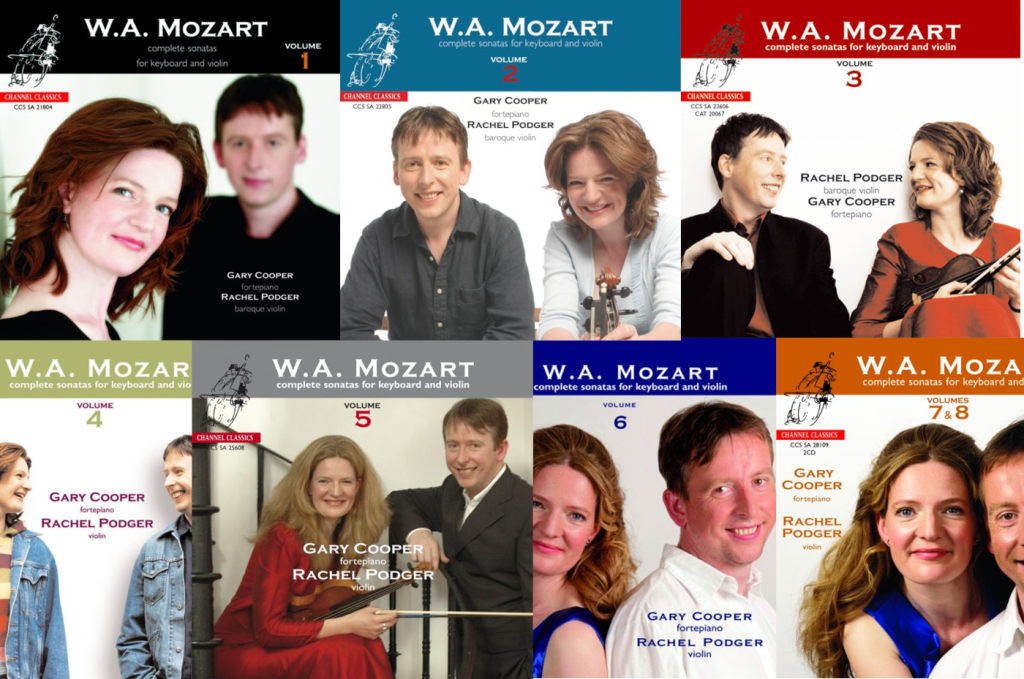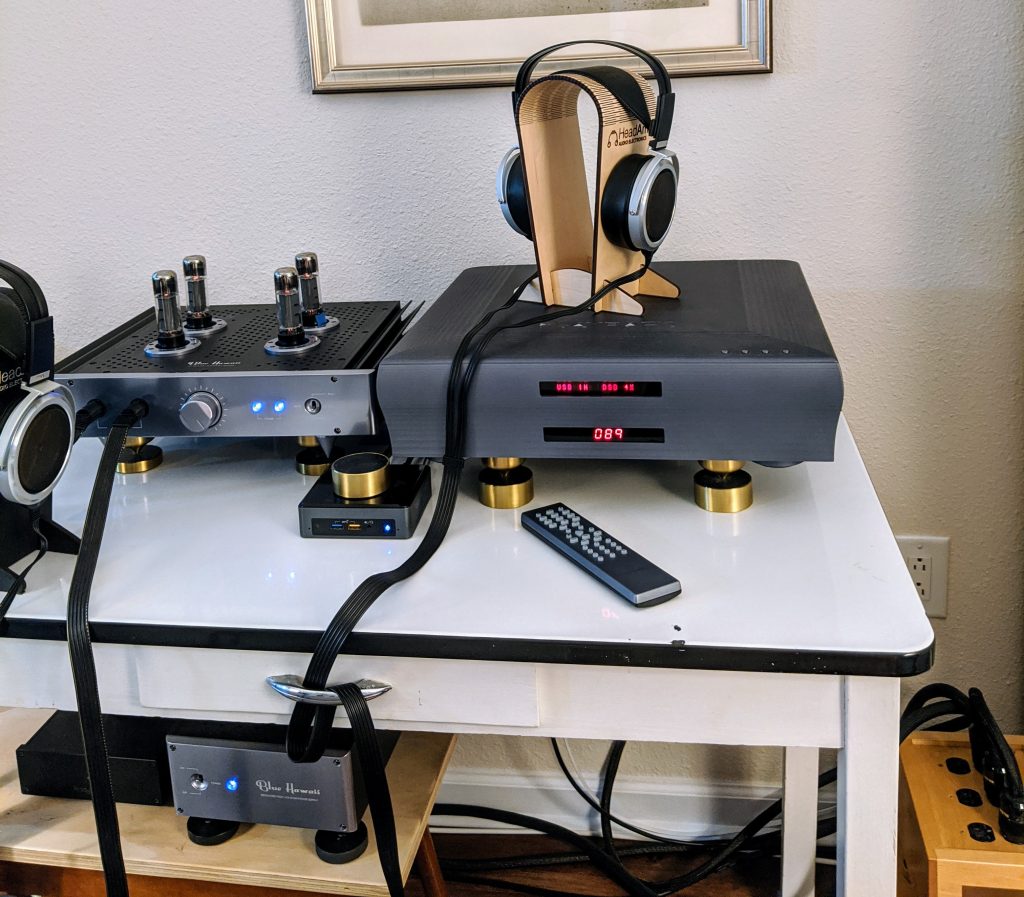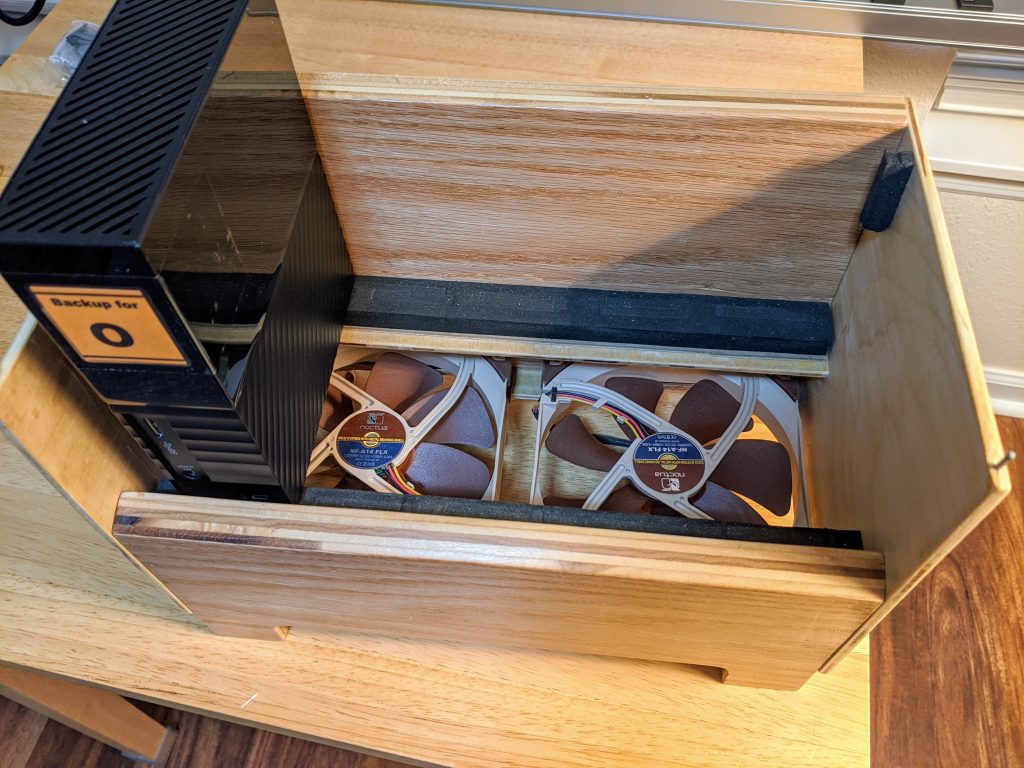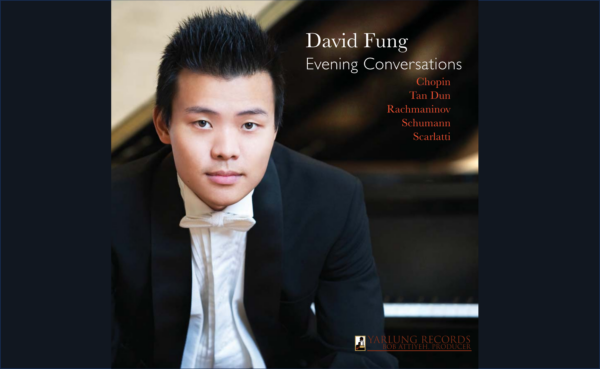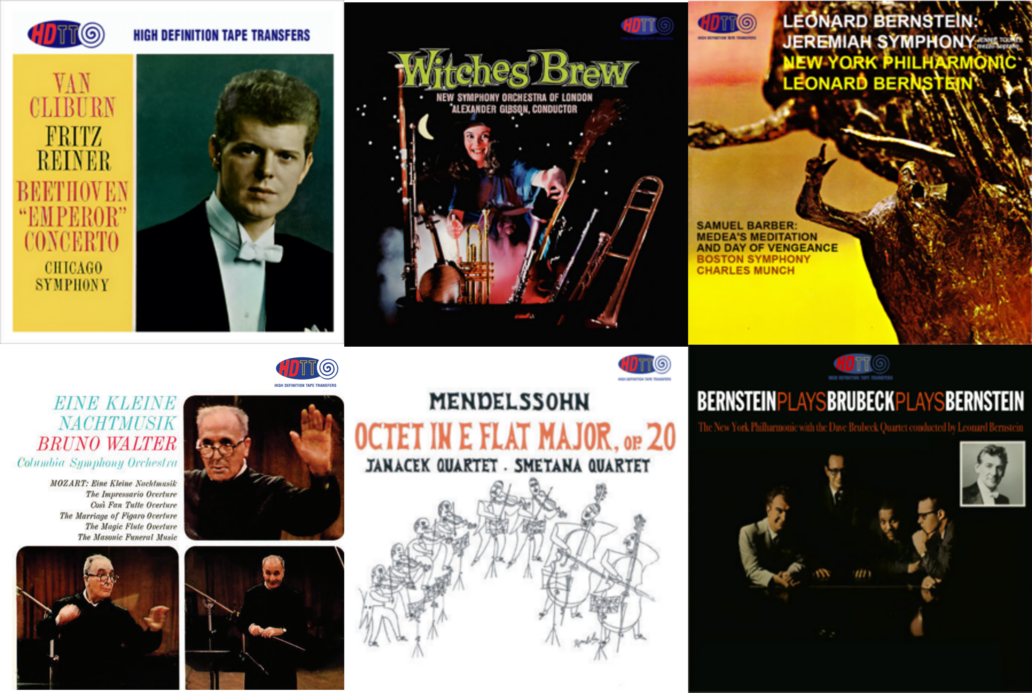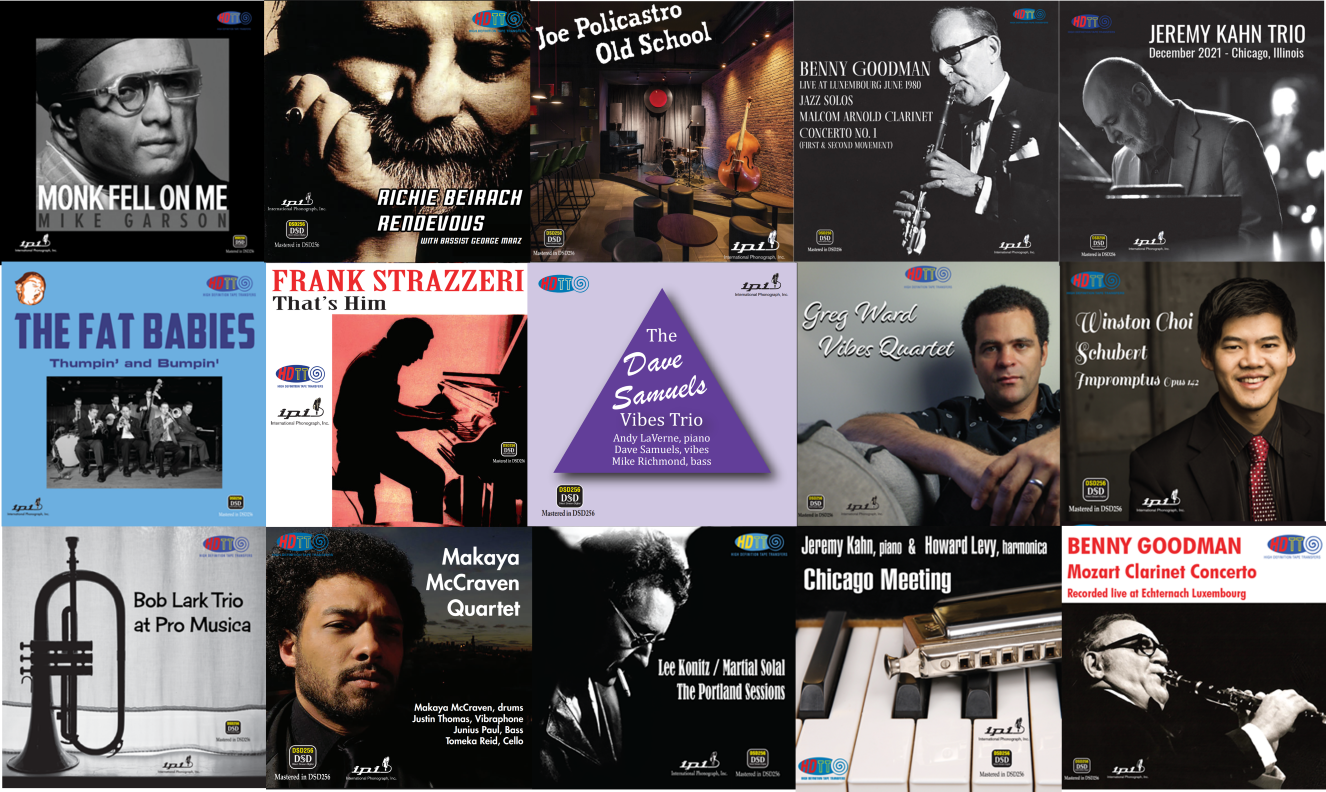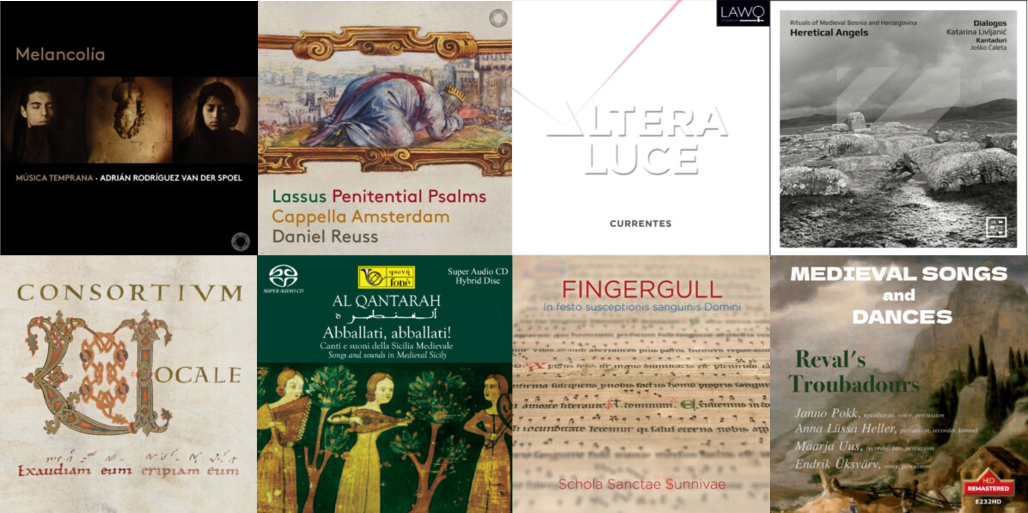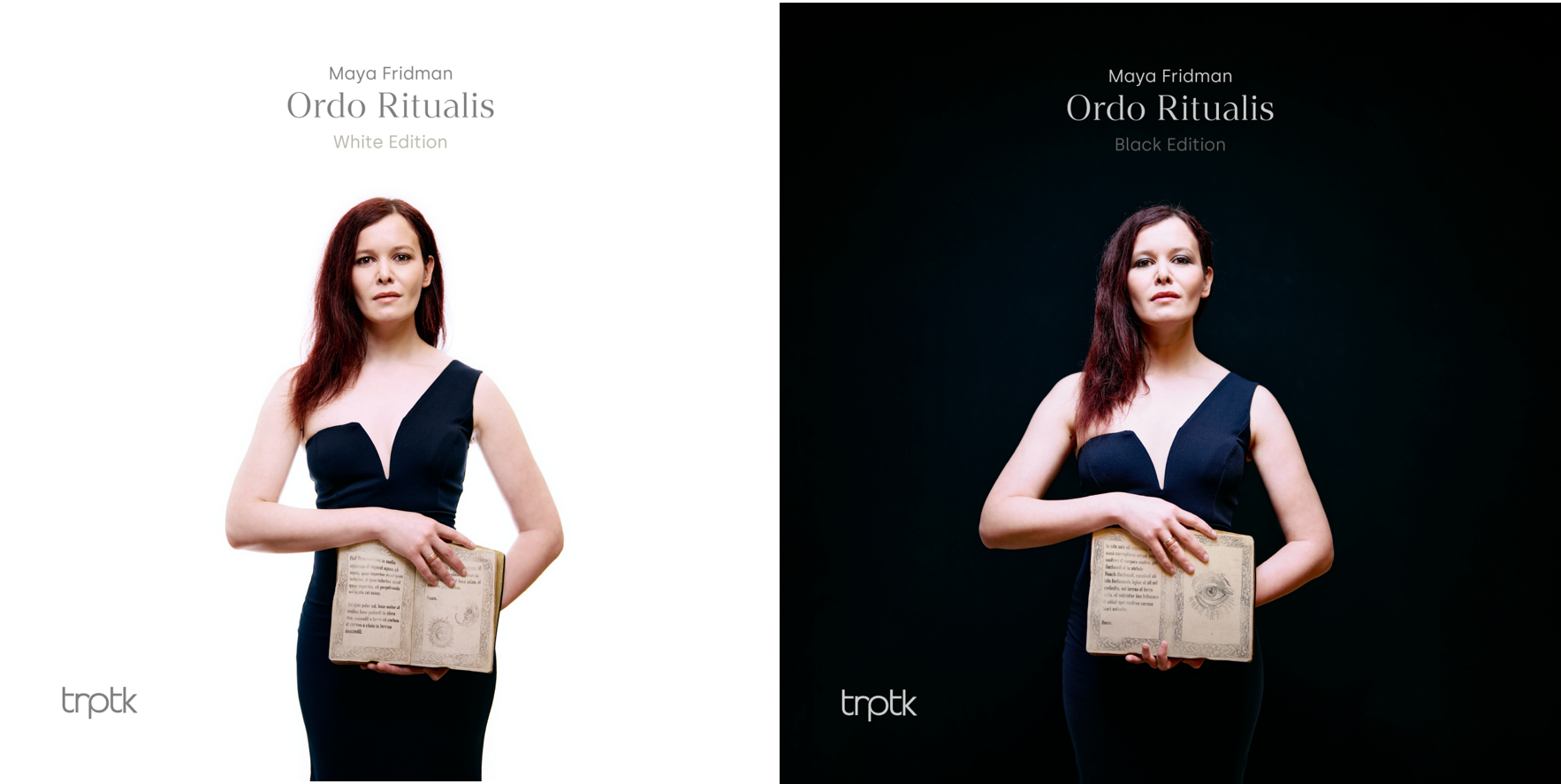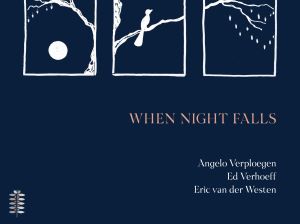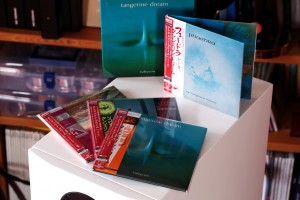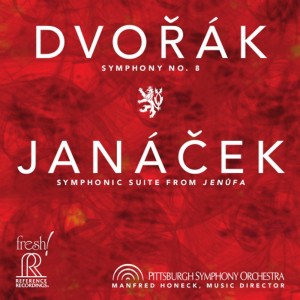Few musical cycles are as compelling as is Rachel Podger's and Gary Cooper's cycle of the complete sonatas for violin and piano by Mozart on Channel Classics. With the plethora of new recordings, we sometimes lose sight of great recordings from the recent past. I thought it would be useful to revisit these and perhaps bring them to the attention of some who may have missed them on their original release.
Mozart's Complete Sonatas for Violin and Piano, Vol. 1-8 – Rachel Podger, baroque violin, and Gary Cooper, fortepiano. Channel Classics, recorded 2004-2009 (DSD64) HERE
I missed them on their original release, too. I was listening to vinyl. As I've built my digital music collection, this series of recordings I just had to check out. Yes, it's DSD64 from a dozen and more years ago, but these are great recordings by Jared Sacks. They are excellent sonically. But even more excellent are the performances by Rachel Podger, baroque violin, and Gary Cooper, fortepiano.
Some of you may recall my past enthusiastic writings about Rachel Podger. She is a wonderful violinist and simply a joy to hear. Listening to her performances of music of the Baroque and Classical periods is a continuing pleasure—always flexible, insightful and filled with joy. I encourage you to check out earlier articles in which I enthuse about her work: Rachel Podger's Joyful Ventures With Bach and Jared Sacks and Channel Classics - Transparent Recordings with Transcendent Artists.
Even before The Times hailed her as "the unsurpassed British glory of the baroque violin," Rachel Podger was well-established as a leading interpreter of music of the Baroque. At the time she began recording this cycle of Mozart's sonatas, she had already been the violin leader of the Gabrieli Consort and Players, The English Concert (1997 to 2002), co-founded the Baroque chamber groups The Palladian Ensemble (1991) and Florilegium (1991), and worked with period instrument ensembles such as the New London Consort and London Baroque. Among a number of albums she had already recorded were the Bach Solo and Double Violin Concertos with The Academy of Ancient Music on Harmonia Mundi (1997), and on Channel Classics a cycle of Bach's sonatas and partitas for solo violin (1999), the twelve violin concertos of Vivaldi "La Stravaganza" (2002) HERE, the Twelve Fantasies for Solo Violin by Teleman (2002) HERE.
Of her recording of Vivaldi's La Stravaganza HERE, made shortly before the start of this Mozart cycle, Gramophone said, "the performances by Rachel Podger are crackling with vitality and executed with consistent brilliance…a performance to leave you breathless."
Her partner on fortepiano in these sonatas, Gary Cooper, was a similarly experienced keyboardist at the time this cycle was recorded. He had been member of the well-respected baroque ensemble, Trio Sonnerie and teaching harpsichord and fortepiano at the Royal Northern College of Music. He had also recently recorded Bach’s Well-Tempered Clavier Book I, which was chosen as the Sunday Times Classical Record of the Year, 2000.
Certainly, by the time Rachel Podger and Gary Cooper came to perform these Mozart sonatas, they were both very well experienced, highly skilled, and supremely capable musicians. The results one hears in these recordings reflect all of this.
The cycle contains eight albums—so, where to start?
Anywhere.
Truly.
Start anywhere in this cycle and you will find delightful music performed at the highest level. In selecting the programming for these releases, Podger and Cooper have deliberately chosen for each volume to include an early sonata, a middle sonata and a late sonata. So, no matter with which volume you start, you will get a sampling of each period in Mozart's creative development.
If I were to suggest a volume with which to start, Volume 1 would be a very nice entry point. As Podger writes in the liner notes, "The inclusion of early, middle and late Sonatas on this disc conveys a balanced survey of Mozart’s music for violin and keyboard. Each Sonata stands out clearly in its own right, revealing a snapshot in time of his developing personality." And in Volume 1, one can enjoy hearing the contrast of his very first sonata (likely co-written with his father) to his last sonata (identified by Mozart as "a little keyboard sonata for beginners, with a violin accompaniment," but hardly so).
The cycle continues this pattern of youthful works alongside those composed in later years through Volume 7. With the final Volume 8 of the set, a deliberate exception is made. Volume 8 contains all of the "London" Sonatas of 1764. Gary Cooper writes that these sonatas seem "far more idiomatic for harpsichord than anything he wrote in Paris or the Hague, and the compositional style in general is unique to this collection. Therefore, we decided to preserve the integrity of the collection, and in doing so, were able to use a fine Kirckman harpsichord of 1766—exactly the sort of instrument the youngster would have encountered in England—as well as observing the optional suggestion of a cello, which not only bolsters the bass line but really enhances the whole texture. In other words, these are fledgling trios…"
This is a no less than extraordinary set. Forget any reservations you may have about period instruments. No screechy, ill-tempered sounds here. The rich, dark sound of the fortepiano Gary Cooper is playing—a modern copy of an Anton Walter instrument from 1795—is complemented by Podger's sweet violin that sounds both beautiful and, when called for, dramatic.
And all of this delightful music making is supported by the excellent recorded sound engineered by Jared Sacks. The venues vary across the set, but there is remarkable consistency of overall acoustics.
This entire cycle is highly recommended. If you've not sampled some really fine historical instruments performances, any one of these would be a thoroughly engaging place to start. And for classical music lovers who've not yet explored some of Rachel Podger's artistry, again this can be a delightful beginning for your exploration.
Highly recommended.




